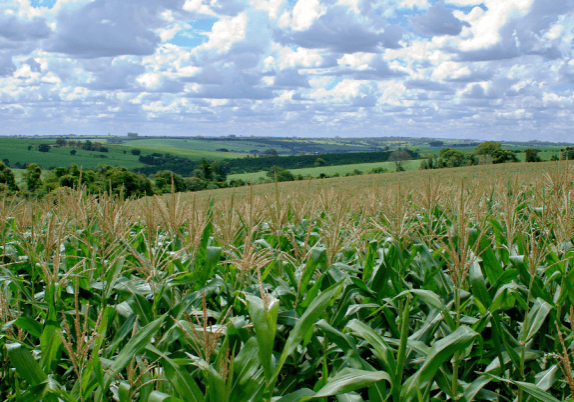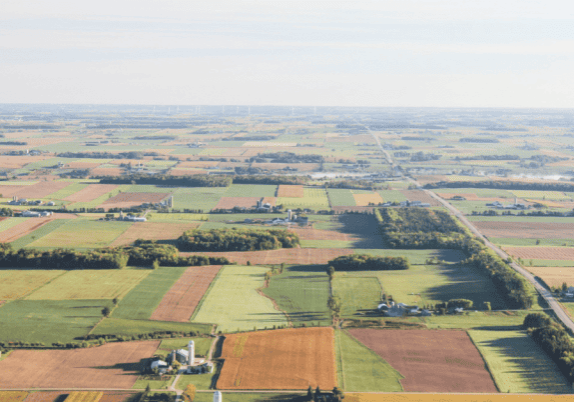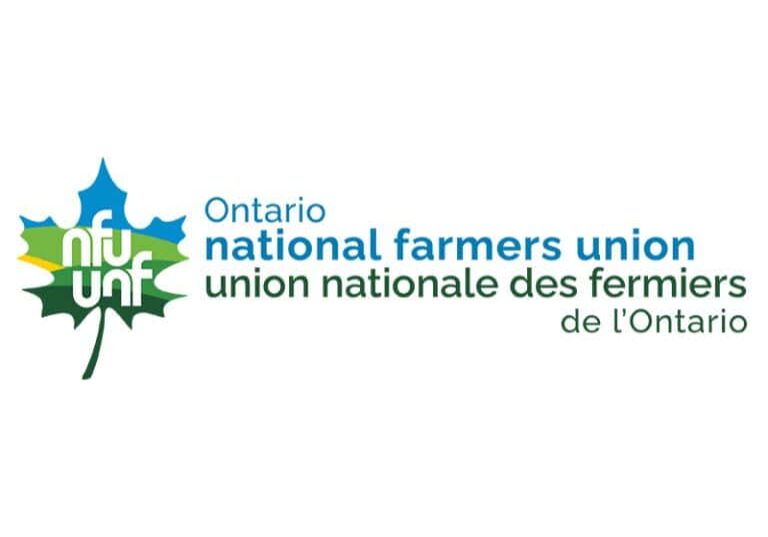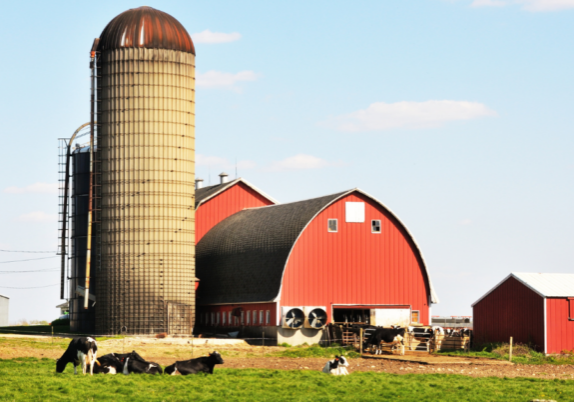NFU-O Response to Reducing Gridlock – Saving You Time Act, Building Highways Faster Act, and Highway 413 Act
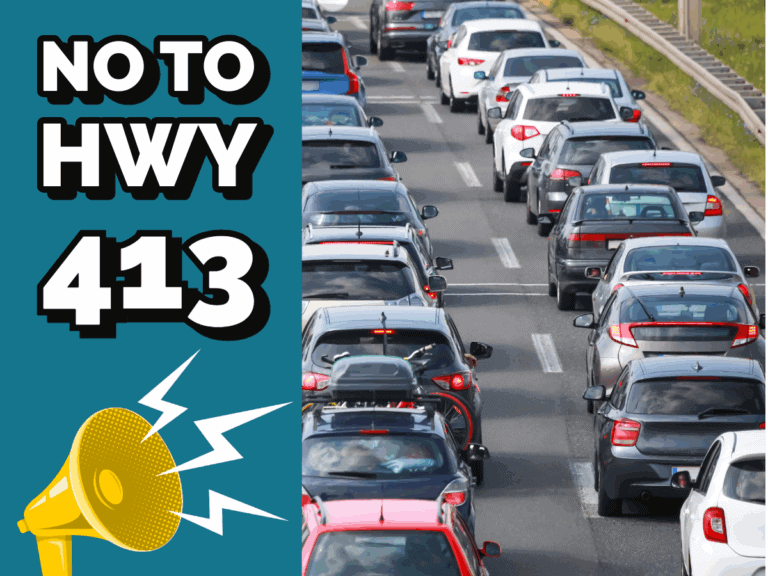
Re: ERO 019-9265 – Bill 212 – Reducing Gridlock, Saving You Time Act, 2024 – Building Highways Faster Act, 2024 and ERO 019-9213 – Highway 413 Act
The proposed Building Highways Faster Act, under Bill 212, Reducing Gridlock, Saving You Time Act (RGSYTA), and the accompanying Highway 413 Act, if passed, will bulldoze the future of farming in the Greater Golden Horseshoe (GGH).
The National Farmers Union of Ontario (NFU-O) is an accredited farm organization representing thousands of sustainable farmers in Ontario and has advocated for farmers across Ontario since 1969. NFU-O policy calls on all levels of government to enact and follow transparent, rational planning guidelines, regulations, and bylaws to ensure fairness to all citizens, to protect farmland and ecologically sensitive areas from development, and to prevent the further privatization of public lands.
It’s bad enough that Highway 413 will pave over 400 acres of the Greenbelt and another 2,000+ acres of Class 1 and Class 2 farmland – some of Ontario’s most productive agricultural land – but the farmland loss won’t stop there as the highway will only accelerate urban sprawl until much of the remaining prime agricultural land farmers require to feed Ontarians is encased in cement and covered in asphalt. Choosing highways over farmland is a grave mistake.
The Government has yet to provide any independently verified data to prove that the Highway 413 project will achieve the Acts goals of actually reducing gridlock or saving commuters’ time. Instead, the research suggests that the highway will save less than one minute of commuting time on average and will have the effect of increasing overall vehicle traffic within the GGH.
The NFU-O urges the provincial government to revoke these Acts before it is too late. Instead of spending a minimum of $10 billion on an unnecessary highway that will vastly increase our CO2 emissions at a time when we must play our part in reaching net zero emissions, we call on the government to do the right thing and instead make better use of the existing Highway 407 to alleviate current gridlock and to reallocate taxpayers’ money destined for Highway 413 to support a public transit-orientated GGH.
The NFU-O strongly objects to the measures in these Acts that exempt Highway 413 early works projects from any environmental impact assessment (EA) under the Environmental Assessment Act (EAA). All three of these early work projects (ramp embankment near the existing Exit 330 on the westbound Highway 401, a bridge near Highway 10 in Peel Region, and a bridge near Bovaird Drive West in Peel region) are on or directly adjacent to arable farmland and/or sensitive natural heritage; the environmental impacts of these early work projects are unknown. Fast-tracking these early works projects by eliminating any EA deliberately avoids an assessment of the cumulative impact of the entire Highway 413 project and will make it much more difficult to change course and offer sustainable solutions to traffic gridlock in the GGH.
Similarly, creating an “accelerated EA process” that exempts all activities by or on behalf of the Ministry of Transportation (MTO) that are for or related to Highway 413 from the EAA is giving the MTO license to irrevocably destroy farmland and our natural environment without any legally-binding assessment, public consultation, or real analysis of alternatives. The environmental impact assessment report process that will replace the EAA has no legal teeth and offers no requirement that the Government take into account objections from Indigenous communities, environmental and agricultural organizations, or the broader public that show evidence of the negative environmental impacts of the Highway 413 project. These Acts pave over the democratic processes of the EAA.
The NFU-O is of the opinion that any Highway 413 proposal should require a legally-binding comprehensive environmental assessment under the EAA wherein the Ministry of the Environment, Conservation and Parks must review all documents, require the approval of the Minister and Cabinet to proceed, and allow for public requests for more extensive review or public consultation. Public consultation should include full public access to all the key documents related to Highway 413, consultation events where the public can provide feedback, and the opportunity to submit written comments directly to the Ministry about their concerns. Bill 212 and the Highway 413 Act disallow these most basic processes to ensure our natural environment is protected.
The decision to exempt Part II of the Environmental Bill of Rights, 1993 that allows for an amendment or revocation of an instrument for or related to the Highway 413 project is nothing less than a wholesale denial of the right of all Ontarians to ensure that their government upholds “as a common goal the protection, conservation and restoration of the natural environment for the benefit of present and future generations.”
Finally, the NFU-O objects to Bill 212 and the Highway 413 Act empowering the government to expropriate land for the purpose of the Highway 413 project. We also protest the Act’s weak Indigenous consultation plan wherein there is no real ability for Indigenous communities to exercise their land or treaty rights to stop or significantly alter the project, beyond minor alterations in the course of the highway.
If built, Highway 413 will be an irrevocable and costly mistake that will forever be seen as a betrayal of the public’s environmental rights, a huge step away from a green and just transition in the face of climate change, and the beginning of the end of farming and environmental protection within the Greater Golden Horseshoe. It’s not too late to prioritize the protection of our finite farmland and dwindling natural heritage and pursue sustainable public transit networks over a highway destined to endanger the quality of life for all in its vicinity.
Sincerely,
Max Hansgen
President – National Farmers Union – Ontario
